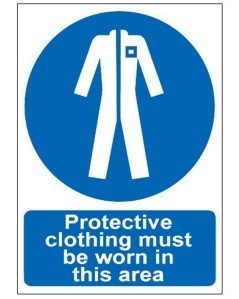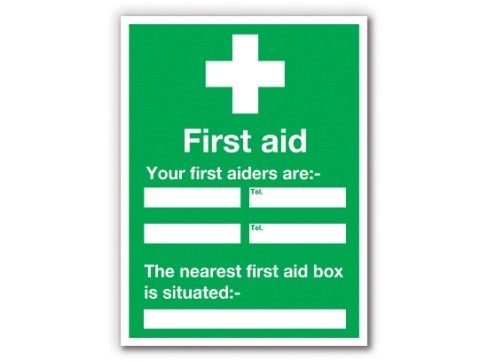Equal Opportunities Legislation
Discrimination means treating people with certain characteristics differently. ‘Equal opportunities’ means giving all citizens an equal chance – eg in relation to employment opportunities, as a learner or as a consumer.
The Equality Act
Under the Equality Act, it is unlawful to discriminate against a person with ‘protected characteristics’ such as:
- Gender – eg male or female
- Marital status – eg married or single
- Age – eg youth, senior citizen
- Disability eg physical, learning need
- Race or religion.
The Equality Act protects employees against work place discrimination in relation to:
- Recruitment and selection;
- Dismissal or redundancy;
- Terms and conditions of employment;
- Pay and other fringe benefits;
- Promotion opportunities;
- Training opportunities.
Promoting Equal Opportunities in the Workplace
Apart from meeting minimum legal requirements, employers can take positive steps to promote equal opportunities by:
- Reorganising working conditions eg introducing flexible working practices or work place crèches to help employees manage a better work-life balance.
- Making reasonable adjustments to the work place eg improved disabled access or work station redesign to suit wheelchair users, provision of instructions in braille.
- Creating provision for worship at key times in the day or year eg a prayer room, and suitably timed (flexible) break times.
- Taking legal positive actions to favour groups with certain characteristics eg extra time for aptitude tests, interview quotas.
- Promoting positive attitudes eg removing the ‘glass ceiling’ which is thought to prevent career progression.
Health and Safety Legislation
Health and Safety at Work Act (HASAWA – 1974)
- Must look after employee welfare eg offer free eye tests to computer users.
- Provide necessary protective clothing eg hats and footwear on a building site.
- Provide adequate space, heating, cleanliness etc.
- Keep records of any accidents or incidents which occur.
Employees’ responsibilities include:
- Must look after their own and colleagues’ health and safety.
- Report accidents or faulty pieces of equipment immediately.
- Cooperate with their employer to ensure the workplace is healthy and safe.
Health and Safety (Display Screen Equipment) Regulations
Employers’ responsibilities include:
- Ensure workstation meets minimum requirements eg footrests, brightness control.
- Offer free eye tests and glasses to computer users if required.
- Carry out annual equipment safety checks.
- Enforce breaks – 5 minutes per hour.
- Provide employees with safety training.
Health and Safety (First Aid) Regulations
Employer’s responsibilities include:
- Ensuring enough trained first aiders (one per 50-100 employees).
- First aid kits are available and correctly stocked.
- Staff are trained on first aid procedures eg who to report accidents to and emergency numbers to phone.
Fire (Scotland) Act
Employers’ responsibilities include:
- Arrange regular checks of equipment by the Fire Brigade.
- Train staff so they can co-ordinate fire procedures in an emergency.
- Ensure that fire exits are kept clear at all times.
Impact of H&S Legislation on an Organisation
- Need to employ specialists to keep up to date with the law.
- Increased costs to provide necessary equipment, adaptations etc.
- Take time out of production to complete training.
- Pay fines if found to be out with the law.
- BUT good for organisation’s image if employees feel looked after.
National Minimum Wage Act/ National Living Wage
- Sets a minimum hourly rate dependent on age of worker – 16-17; 18-20; 21-24; 25 and over
- Does not apply to employees on training schemes or work experience.
- 25 and over is referred to as the National Living Wage.
Employee Action Against Unlawful Actions By Employers
An employee who feels their employment rights have been violated should approach their manager with the support of their TU rep. If this is not effective they may take their employer to an Employment Tribunal – this is known as taking out a grievance – if the Tribunal rules in their favour they may be entitled to instatement /reinstatement or financial compensation.






